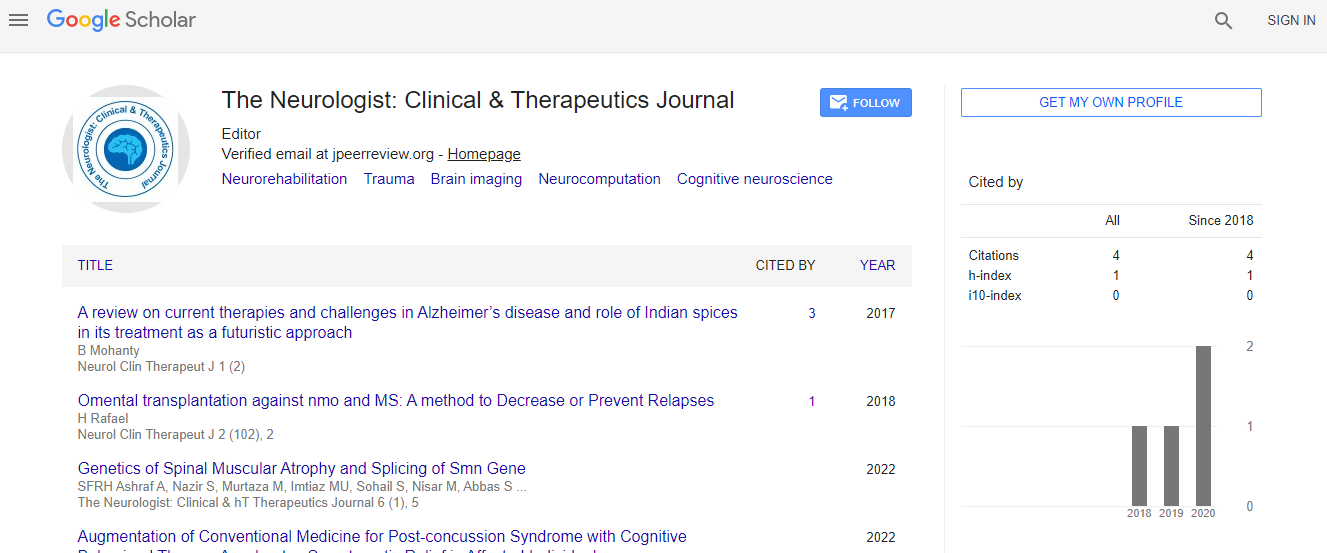Related factors and management principles of postoperative complications of ventricular-peritoneal shunt
*Corresponding Author:
Copyright: © 2020 . This is an open-access article distributed under the terms of the Creative Commons Attribution License, which permits unrestricted use, distribution, and reproduction in any medium, provided the original author and source are credited.
Abstract
Objective: To explore the related factors and management principles of postoperative complications of ventricular-peritoneal shunt.
Methods: 250 patients who underwent ventricular-peritoneal shunt in our hospital were selected and followed up for at least 5 years. The age, gender, history of disease, classification of hydrocephalus, surgical method, and type of shunt tube, postoperative complications and other factors were analyzed. Patients with complications were treated and the clinical treatment effect was analyzed.
Results: Complications occurred in patients, including puncture bleeding, obstruction of shunt tube (decomposition, rupture), intracranial infection, subdural effusion or subdural hematoma caused by excessive drainage, and delayed intracranial hematoma. Patients can still get a good prognosis after individualized treatment.
Conclusions: The incidence of postoperative complications of ventricular-peritoneal shunt is not low. Surgery indications should be strictly grasped before surgery. Strict aseptic operation should be performed during the operation. Patients with a previous history of central nervous system infection or craniocerebral surgery should be more cautious. Early skull repair combined with ventricular-peritoneal shunt is positive significance for improving the quality of life of patients undergoing brain surgery. Patients with complications should be treated individually.

